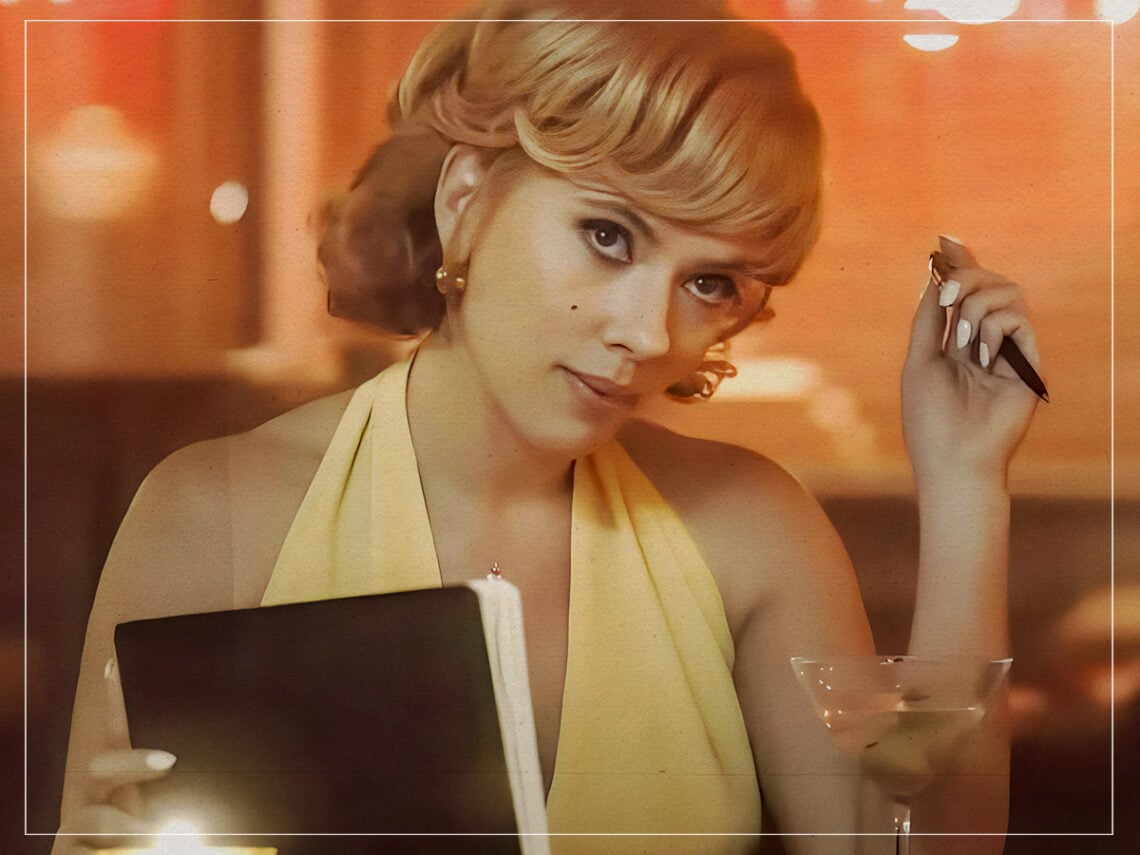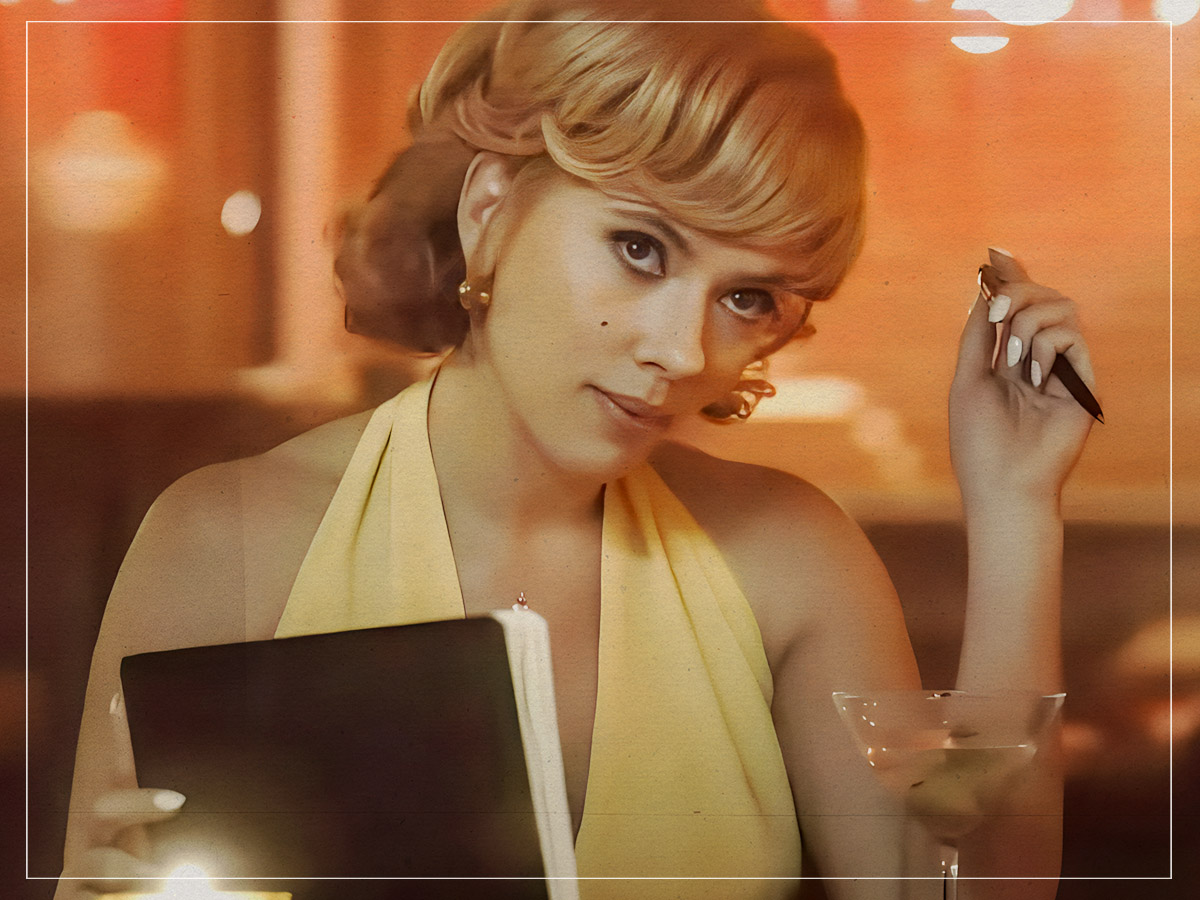
(Credits: Far Out / Sony Pictures Releasing)
Fri 26 September 2025 20:45, UK
When Scarlett Johansson meets fans, it would stand to reason that they’re most inclined to gush about Black Widow/Natasha Romanova’s spy antics than her singing career.
That role, of course, made Johansson a Hollywood superstar, which in turn gave her the foundation to pursue whatever artistic flights of fancy she had her heart set on. When she wasn’t busy squeezing into a catsuit to battle invading aliens, vengeful AI killing machines, or a big purple guy bent on culling half the universe, she spent her time racking up auteur filmmakers and a Tom Waits covers album.
She has expertly calibrated her performances to suit the respective off-kilter tones of directors with signature styles, like Wes Anderson, Spike Jonze, Jonathan Glazer, Taika Waititi, the Coen brothers, and Noah Baumbach, becoming a muse for all worlds. Would all of this have been possible without the sure-footing Marvel gave her in the industry? It undoubtedly was a help, but surprisingly, it isn’t what she’s most asked about, and neither are her indie exploits touted by fans.
Instead, one of her lesser-known films is actually the one she most often fields questions about. Despite its undeniably impressive $469million worldwide gross, it never became a mainstream proposition and has instead become a cult classic in the eyes of its legions of fans. To this day, it is her highest-grossing film that isn’t based on a recognised IP, like the MCU, Jurassic World, or Transformers, but you’d never know it.
“Lucy was a great original idea that Luc Besson wrote and directed,” Johansson told IndieWire about the Leon: The Professional director’s 2014 sci-fi action thriller, noting, “It came out of his creative mind. To this day, out of most of the films that I’ve done, I get a lot of Lucy fans. That movie resonated with people.”
What was it about Lucy that audiences paid to see it in droves, and then continued thinking about a decade later? Well, the actor believes viewers were fascinated with its speculative sci-fi elements. The script delved into the myth that humans only use 10% of their brain capacity, and posited that if we could unlock the other 90%, we could become human supercomputers that could vanish in and out of the spacetime continuum at will, helped by exposure to a synthetic drug. In essence, it was like Bradley Cooper’s Limitless (which was also a big hit), but with an extra injection of ludicrousness in the form of telepathy, telekinesis, and mental time travel, that would make a neuroscientist scream.
Whatever the reason for Lucy‘s long shelf life, Johansson has always been stoked that one of her movies created whole cloth by a filmmaker with no IP backing made such a big impact on people. “It was exciting to be a part of something that was an original idea that audiences went out and saw,” she admitted with a smile.
A quick look at Besson’s films before and after Lucy (The Family, Valerian, Anna) reveals significantly smaller box office returns, despite them also featuring some A-list Hollywood names. Johansson is a different kettle of fish, though; an actor who is a draw based on her name alone, which has transcended Marvel and auteur-driven Oscar-bothering roles. It wouldn’t be the least bit surprising if she notches another couple of Lucy-esque triumphs as her career continues to evolve in the light of her enduring star power.
Related Topics

